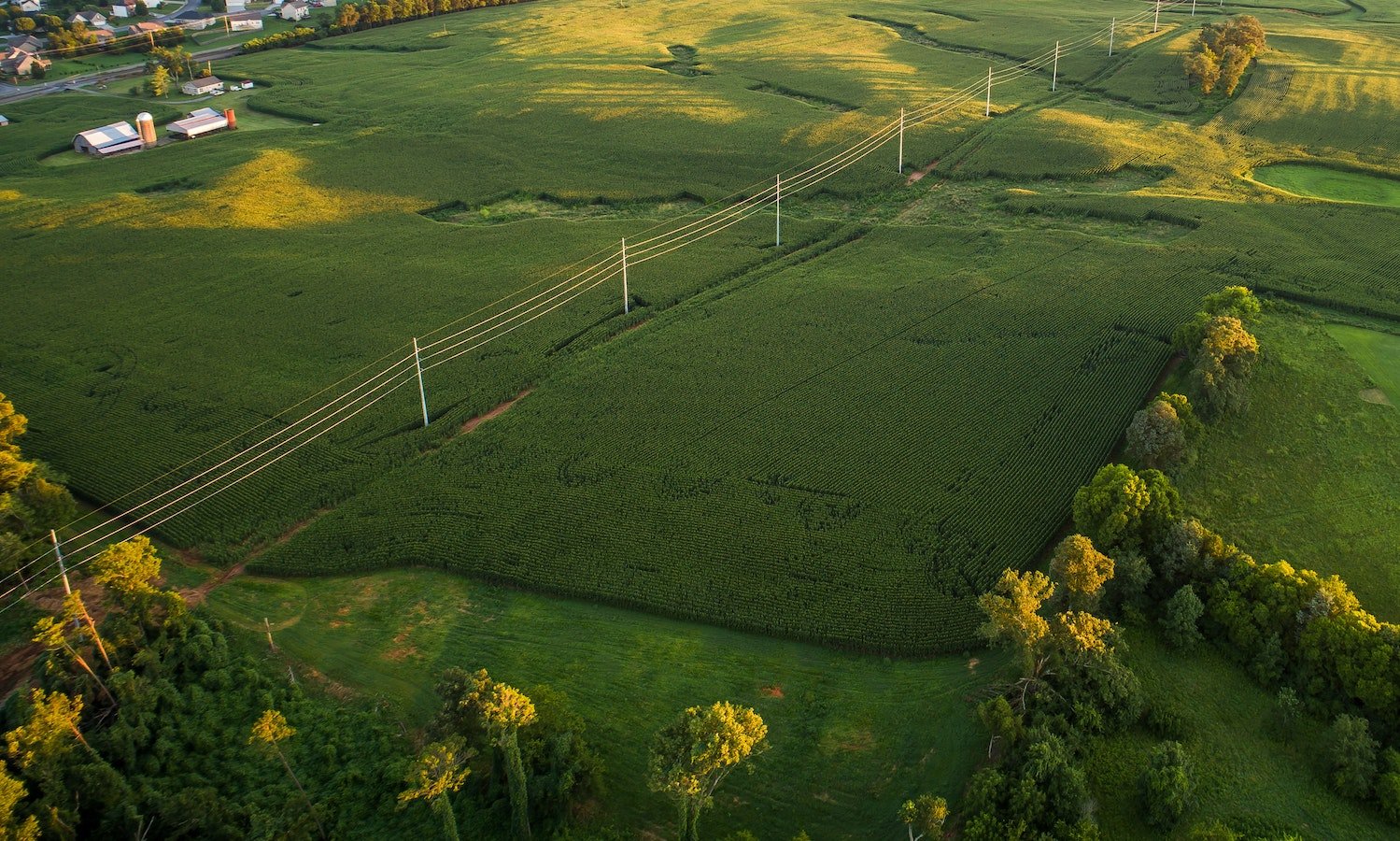Dec 29, 2021
Sustainable Food Systems and Stable Climates Are Intertwined

Editor’s Note: As correctly put in this article, sustainable food systems and a stable climate are crucial to a healthy future, and we need to act like it. We need to step up, voice our concerns, and demand change now more than ever before. We need to close the gaps in the global agricultural system and hold both producers and policy leaders accountable for their words and actions. Kickstart your own urban farming dreams by registering for Agritecture Designer today!
Written by: Lisa Moon
The silence around food systems was deafening at the U.N. Climate Change Conference (COP26). Leaders failed to adequately acknowledge the relationship between food systems and climate change, an irresponsible omission that puts billions of people at risk.
The two are indisputably intertwined. The effects of a warming climate can decimate food systems and exacerbate food insecurity and economic instability. At the same time, food systems can intensify global warming through the widespread use of unsustainable farming and land management practices and greenhouse gas-emitting food loss and waste.
Despite this connection, the Glasgow Climate Pact doesn’t mention food systems, food security, agriculture, or food loss and waste at all. The absence of food systems from the world’s largest climate deal is unfortunate at best and extremely dangerous at worst, and it’s one that left me considerably disappointed.
While I believe that disappointment is a healthy catalyst for change—and for holding our leaders accountable—it cannot and should not landlock future efforts and progress. The need to feed our communities responsibly and sustainably in light of a rapidly changing climate is too urgent.
Even though food systems did not have a large presence at COP26, I remain optimistic that people are noticing its absence. And I am energized by the opportunities—and outcomes—that will be possible when we collectively commit to putting food systems on the climate agenda and vice versa.
At The Global FoodBanking Network (GFN), we understand that addressing food insecurity is inextricably linked to mitigating food loss and waste, and that achieving these goals requires solutions that are rooted in, responsive to, and respectful of local contexts. Unpredictable events, like the COVID-19 pandemic, and the growing severity of climate change, make our task more complex and more imperative.
We know that many of the same communities that are most vulnerable to climate change are also the most vulnerable to food insecurity. This is not a coincidence. The effects of a warming climate—often in the form of severe and more frequent weather events like drought, wildfires, and floods, and an increase in pests and disease—can reduce or damage agriculture and food production. When agriculture and food production decreases, food availability drops, leading to gaps in the supply chain that contribute to rising costs, which can then lead to food insecurity for those who cannot access affordable, nourishing food.
GFN addresses this issue by supporting food banks around the world, a climate-friendly solution that enables vulnerable populations to access food, sustains local food systems, and redistributes food that would otherwise be lost or wasted—a key strategy in reducing greenhouse gas emissions. It’s a solution that has made an enormous impact: In 2020, GFN distributed nearly 2.4 billion meals to over 40 million people across 44 countries, thanks to unwavering dedication from our partners and volunteers.
While food banking is just one of many green solutions that helps reduce food insecurity and mitigate greenhouse gas emissions, it’s integral to the health and well-being of our neighbors—and our planet. As the importance of alleviating hunger continues to make headlines, alongside calls and solutions to do so in tandem with climate change mitigation, it’s critical that our work is grounded in climate and food justice. Discussing climate action and food systems in the same sentence is not merely a nicety; it’s an issue of equity that ensures people can live healthy, safe, and productive lives.
One thing is clear: The global community will not have the impact we aspire to if we address the greatest issues of our time in silos. Sustainable food systems and a stable climate are crucial to a healthy future, and both are key to the other’s survival. While much work lies ahead to close these gaps, I look forward to COP27, where sustaining healthy food systems will hopefully be high on the agenda.


